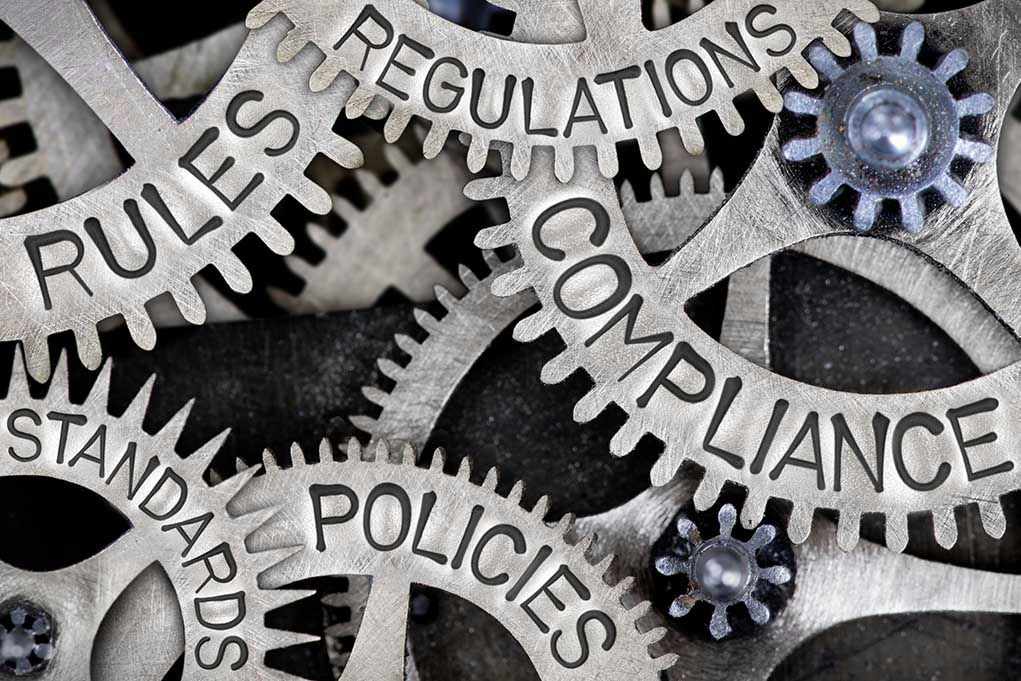
An AI-powered government tool is now set to slash 100,000 federal regulations—raising the stakes for anyone who’s tired of bureaucratic strangulation and government overreach.
At a Glance
- The Department of Government Efficiency (DOGE) has launched an AI tool targeting a 50% cut in federal regulations by January.
- Engineers brought in under Elon Musk’s DOGE initiative are leading the project, marking the first major use of AI for regulatory rollback.
- Internal documents show the tool has already reviewed over 1,000 rules at HUD alone, with up to 100,000 rules in the crosshairs.
- The White House says “no single plan has been approved,” but critics and advocacy groups are already filing lawsuits, demanding transparency.
AI Unleashed: DOGE’s Deregulation Juggernaut Rolls Out
The Department of Government Efficiency (DOGE) has thrown open the gates on a historic effort to hack away at the federal regulatory jungle. Their new “DOGE Deregulation Decision Tool,” powered by artificial intelligence, has one job: help the administration meet its promise to cut half of all federal rules—nearly 100,000 of them—by the start of next year. Internal documents, reviewed by multiple news outlets, confirm that the plan is real and already in motion. The engineers behind this AI are not your typical government lifers. They’re a team of private-sector tech stars, recruited by Elon Musk’s DOGE initiative and let loose in the halls of power. Their mission is clear: use advanced algorithms to identify, prioritize, and recommend federal regulations for rapid repeal.
The scale of this deregulation blitz isn’t just historic for its numbers—it’s unprecedented for its speed. The Department of Housing and Urban Development has already run over 1,000 rules through the AI, with other agencies lining up to do the same. An internal PowerPoint from July 1 projects that the tool could target up to 100,000 rules for elimination, pending agency feedback. The White House insists, with typical caution, that “no single plan has been approved or green-lit,” but the message is obvious: the age of endless red tape is ending, and the bureaucrats know it.
White House, DOGE, and Elon Musk: Power Players Reshape Washington
DOGE and the White House are calling the shots, with Elon Musk’s fingerprints all over the technology and direction of this effort. Musk’s team of engineers, described as “the best and brightest in the business,” has become the administration’s secret weapon in the fight against government bloat. The White House, through spokesperson Harrison Fields, has made it clear this is “a never-before-attempted transformation” of federal policy. For businesses and citizens sick of Kafkaesque rules and government overreach, this is the kind of radical disruption they’ve been demanding for years.
But not everyone is cheering. Environmental and consumer advocacy groups are already sounding alarms, warning that the AI-driven culling could gut essential protections. One group has filed suit demanding the release of DOGE’s full rollback list, claiming the process lacks transparency and could endanger public health and safety. Still, for those who’ve watched unelected bureaucrats grind common sense into dust for decades, the prospect of finally reigning in the administrative state feels long overdue.
Deregulation’s Double-Edged Sword: Opportunities and Uncertainties
If DOGE’s AI delivers even half of what’s promised, the impact will be seismic. Businesses could see compliance costs plummet, federal agencies might finally shrink, and the endless maze of paperwork facing entrepreneurs and families could become a relic of the past. The White House and DOGE remain laser-focused on efficiency, spending reduction, and keeping campaign promises to restore sanity to Washington.
Critics, meanwhile, warn that AI can’t replace human judgment when it comes to weighing the real-world consequences of regulation. They see risks in letting algorithms make sweeping decisions about everything from environmental protection to worker safety. Legal experts also point to the Administrative Procedure Act, which requires transparency and public input—two things that could get lost in the rush to automate.
Debate Intensifies: Is AI the Cure or a New Kind of Overreach?
The battle lines are drawn. Proponents argue that using AI to slash red tape is an overdue modernization, a way to inject objectivity and efficiency where politics and bureaucracy have failed. They say it’s common sense to use the best available technology to streamline government and free up resources for real priorities. Opponents fear the opposite: that this is deregulation run amok, with algorithms bulldozing over decades of hard-won public safeguards and democratic checks.
The administration, for its part, claims it is still consulting with agencies and that no final decision has been made on which rules will get the axe. Yet the scale and ambition of the project are unmistakable, and skepticism over the process’s transparency and accountability continues to mount. Whatever happens next, one thing is clear: the days of government by endless rulebook are numbered—and for millions of Americans, that can’t happen soon enough.
Sources:
WJBC – DOGE builds AI tool to accelerate rollback of federal regulations
Ground News – DOGE AI tool to target 100k federal rules for elimination
The Conference Board – Regulatory Policy Changes
POLITICO Pro – Environmental group sues for list of DOGE rollbacks




